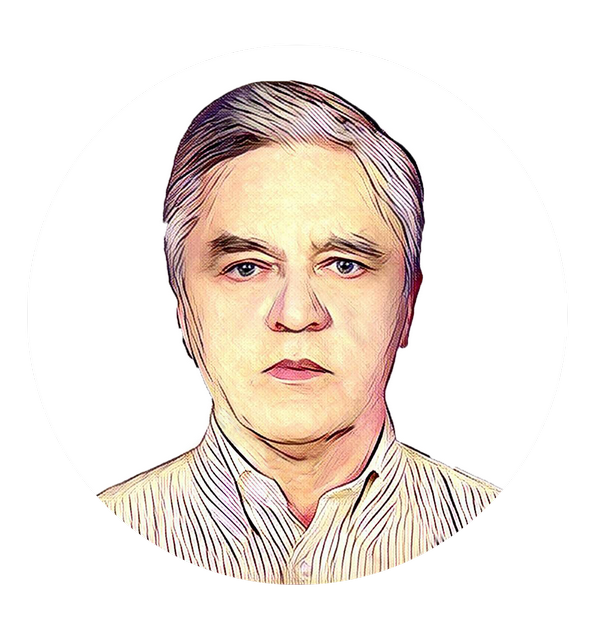



ORCID: 0000-0002-2475-4398
Scopus Author ID: 7003717203
RSCI Author ID: 103736
Head of the Department of Preventive, Personalized and Translational Medicine Institute of Personalized Medicine, International School of Personalized and Translational Medicine, I. M. Sechenov First Moscow State Medical University (Moscow, Russia)
Professor at the Department of Clinical Immunology and Allergy, Faculty of Postgraduate Education, A. I. Evdokimov Moscow State University of Medicine and Dentistry (Moscow, Russia)
DSc (medicine), professor
Areas of expertise:
Preventive, precision and personalized medicine; immunology.
ABOUT SCIENCE:
I decided to become a doctor because of my family history. Both of my parents were doctors. Then, I had amazing teachers at school. Another reason was my environment, both natural and human, that shaped my mentality. The last reason was my interest in Hi-Tech. These four factors played a key role in my career choice. I do not dream about discovering something new (you have to be a genius for that), but I am very interested in developing applied and bioengineering technologies. For example, a good idea is to design a project aimed to develop the national system of personalized medicine.
Ideally, a young scientist will go abroad, get unique education there an come back ready to create Hi-Tech products and teach the next generation of students who in their turn will develop Super Hi-Tech products in the future forming new markets or successfully competing with their rivals on the existing markets.
Significant publications in last 5 years